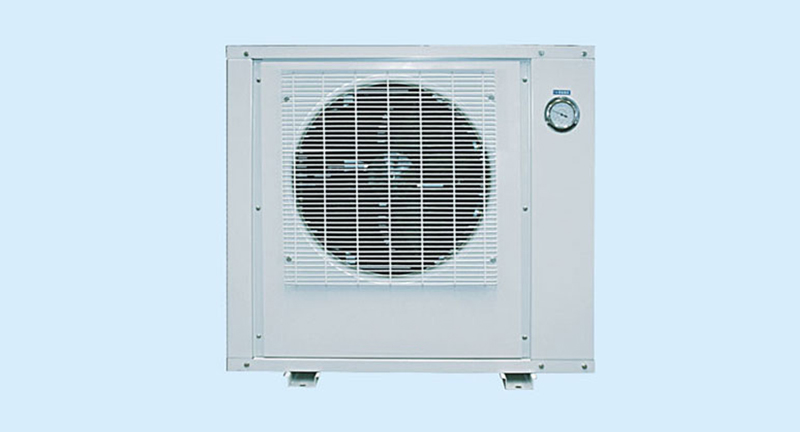How heat pumps are sustainable and economical for swimming pools
If you have a house and some space for a swimming pool, you should build yourself a pool. People enjoy getting peaceful and early morning swim and dive for some time with nature.
Nevertheless, maintaining the water temperature at a suitable degree is critical to achieving the peace that several people aim for when building an outdoor swimming pool. In addition, swimming pools require heat pumps to maintain water temperature and provide a peaceful swimming experience in cold areas.
This blog post will explain the benefits of an electric heat pump giving 70 percent electrical energy efficiency. We will also discuss some actions to maintain the most environmentally friendly and cost-effective manner available.
How do heat pumps work?
Heat pumps transfer heat from one location to another while consuming energy. Heat pumps are widely used from heating swimming pools to heating buildings inside structures. These systems function best in a temperature range of 45 to 50 degrees Fahrenheit, typical for outdoor pools.
Heat pumps are typically more costly than gas pool heaters, and they’re much more effective, allowing for significant expense reductions. But, on the other hand, heat pumps have a significantly longer lifetime than gas pool heaters, making them a very worthwhile expenditure that will benefit your property.
Benefits of heat pumps
-
Extended time
Heat pump allows you to enjoy long time to spend in the water. In addition, introducing a pool heater extends the swimming season.
Moreover, it allows you to relish water at the optimum temperature whenever you choose. A heat pump transmits steam to your water, and you may have a heated pool whenever you want it, not having to pay much money for it.
-
Durable
A pool heater demands extremely minimal maintenance to continue giving you the capability to keep your pool water warm year around.
With regular pool care, the heater will remain to operate as needed, allowing you to appreciate the desired water temperature at all times.
-
More Protection
Since algae thrive in hotter temperatures, pool boys normally advise opening earlier and closing later. This way, your pool water stays cool during the winter, and you’re less prone to wake up to a greenish, filthy disaster in the springtime.
However, suppose you utilize a swimming pool heat pump. In that case, you only need to turn it off a couple of days before actually shutting it to maintain the water temperature under 60 degrees Fahrenheit.
-
Reduced Costs
Your pool heat pump can also help you conserve many funds. The warm air produced by pool heat pumps is primarily independent. It is because they use comparatively tiny quantities of power to attract outdoor air.
Whether you currently own a pool or are considering installing one on your property, a pool heater will provide you with all of these advantages. In addition, a pool in your backyard provides utility, aesthetics, and worth to your property.

